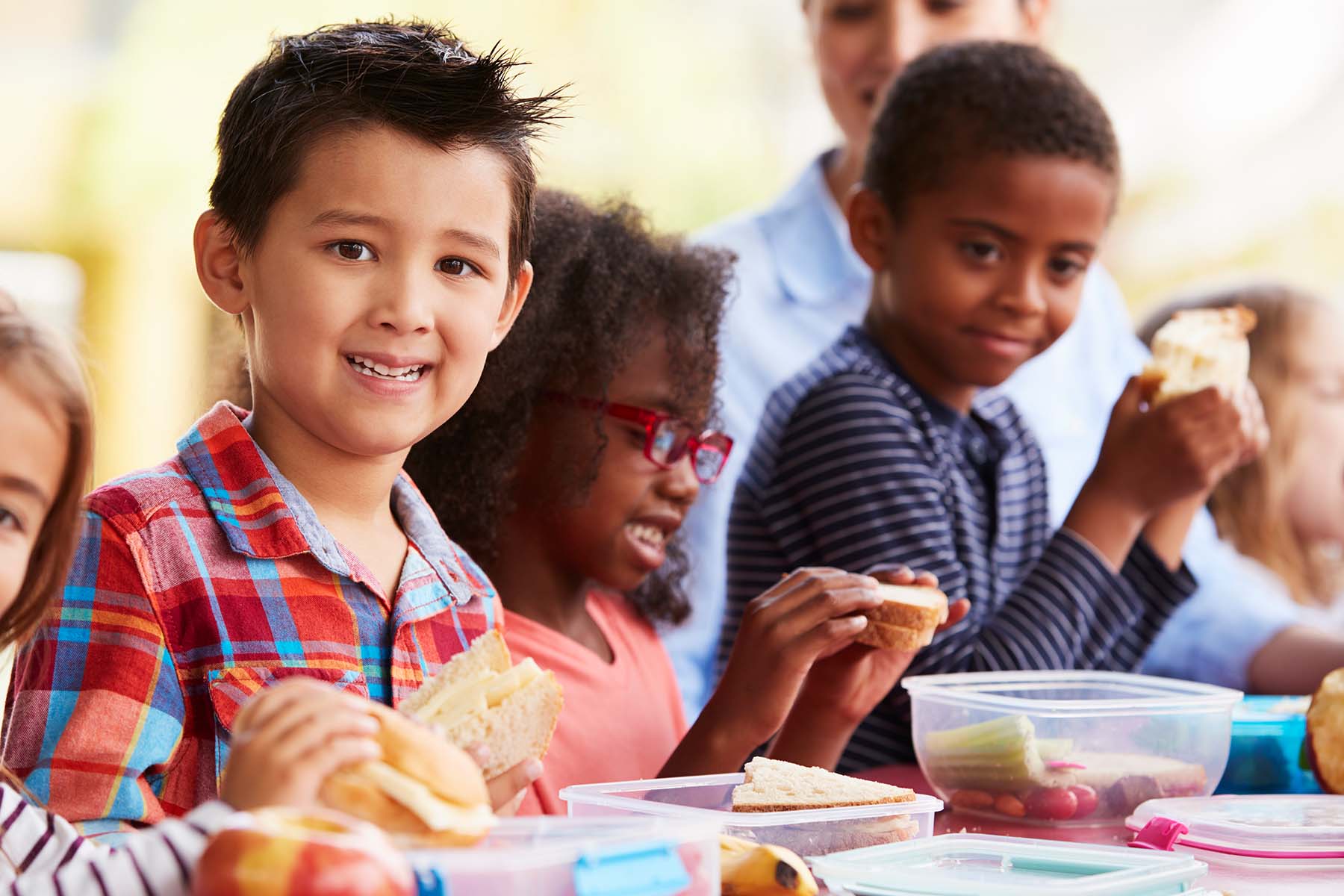Keeping Kids Fit: Food Safety for Fall

The school year is well underway. Some simple food safety practices will keep your child healthy, focused, and prosperous throughout the year.
Foodborne illness, also called “food poisoning,” most commonly happens when bacteria grows quickly in food that has been improperly stored or prepared. Some of the “bad bugs” that make kids sick include salmonella, E. Coli 0157:H7, campylobacter, and listeria.
Common symptoms of serious food poisoning include nausea, vomiting, diarrhea, and fever — although each organism has symptoms that help doctors figure out what is going on. About one in six people in the U.S. get sick from food each year, and half of those hospitalized for food poisoning are children.
Poorly packed lunches can be worse than unappetizing.
Here are some ideas for packing perfectly:
- Before prepping your child’s lunch, wash your hands with warm, soapy water for 20 seconds. A USDA study found that 97 percent of consumers fail to wash their hands properly before preparing food. Teach children to wash their hands before eating for extra protection!
- Rinse fruits and vegetables in running water and wipe them dry with a clean paper towel. Wash the inside of lunch bags regularly.
- Use an insulated, soft-sided lunch bag with two cold packs to keep yogurt, lunchmeats, or cheese chilled until lunchtime. Pack only non-perishable snacks (crackers, packaged puddings) for afternoons.
- Use an insulated container for hot leftovers. Preheat the container with hot water, empty the container, and fill with piping hot food.
- Encourage your child to store their lunch in a school refrigerator, if possible. If not, have them place it in an air-conditioned area, out of direct sun.
Since South Florida is now dealing with the outbreak of Hepatitis A, you should also consider vaccination. The Hepatitis A virus spreads when someone who is sick prepares food without washing hands after the restroom, and recent cases have been linked to food handlers at restaurants. Ask your pediatrician about vaccination against “Hep A” at your next visit, or make an appointment at the Miami-Dade County Health Department. This vaccine is free for children aged 0-18.
For more safety tips, visit Fight Bac!, a service of the Partnership for Food Safety Education.
If you think you are suffering from food poisoning, call 1-800-222-1222 for immediate assistance from the poison control center at the University of Miami Miller School of Medicine/Jackson Health System. Poison center services are fast, free, and confidential.

Wendy Stephan Ph.D., MPH
health educator and epidemiologist at the
Florida Poison Information Center in Miami, FL.
Tags: children, food safety, Wendy Stephan
